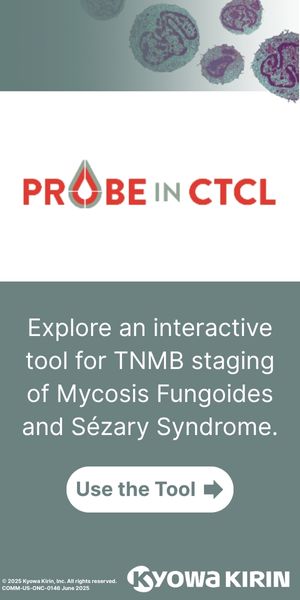Majdolen Joleen Istaiti, Clinical Study Coordinator, Gaucher Unit at Shaare Zedek Medical Center, discusses insights into the cancer risk associated with Gaucher disease.
Gaucher disease is a rare lysosomal disorder that leads to the harmful accumulation of the lipid glucocerebroside in various cells and tissues in the body.. Signs and symptoms vary widely among affected individuals and may include skeletal disorders, hepatosplenomegaly, liver malfunction, anemia, low platelet counts, bone problems, and neurological problems. Patients with Gaucher disease may also be at risk for other conditions, including Parkinson’s disease and possibly cancer.
Past studies looking at the cancer risk associated with Gaucher disease have presented conflicting evidence. Some indicate an increased risk while others do not. Understanding this risk is essential for handling patient care and genetic counselling effectively.
The study presented at WORLDSymposium 2025 analyzed cancer risk in 709 patients with Gaucher disease over more than 30 years. From this cohort, 64 were diagnosed with cancer, 23 of which were diagnosed before or at the time of their first visit, while 41 patients developed cancer. The risk of cancer was associated with age. No association was found with sex, splenectomy, or Gaucher disease-specific therapies.
The standard incidence ratio (SIR) in patients with Gaucher disease compared to the Israel National Cancer Registry was 0.8. Multiple myeloma and non-Hodgkin lymphoma had significantly elevated SIR of 6.45 and 2.19, respectively.
Overall, no overall increased cancer risk was observed in patients with Gaucher disease. However, certain cancers, such as multiple myeloma and non-Hodgkin lymphoma should be closely monitored in these patients.
To learn more about Gaucher disease and other rare metabolic conditions, visit https://checkrare.com/diseases/metabolic-disorders/

